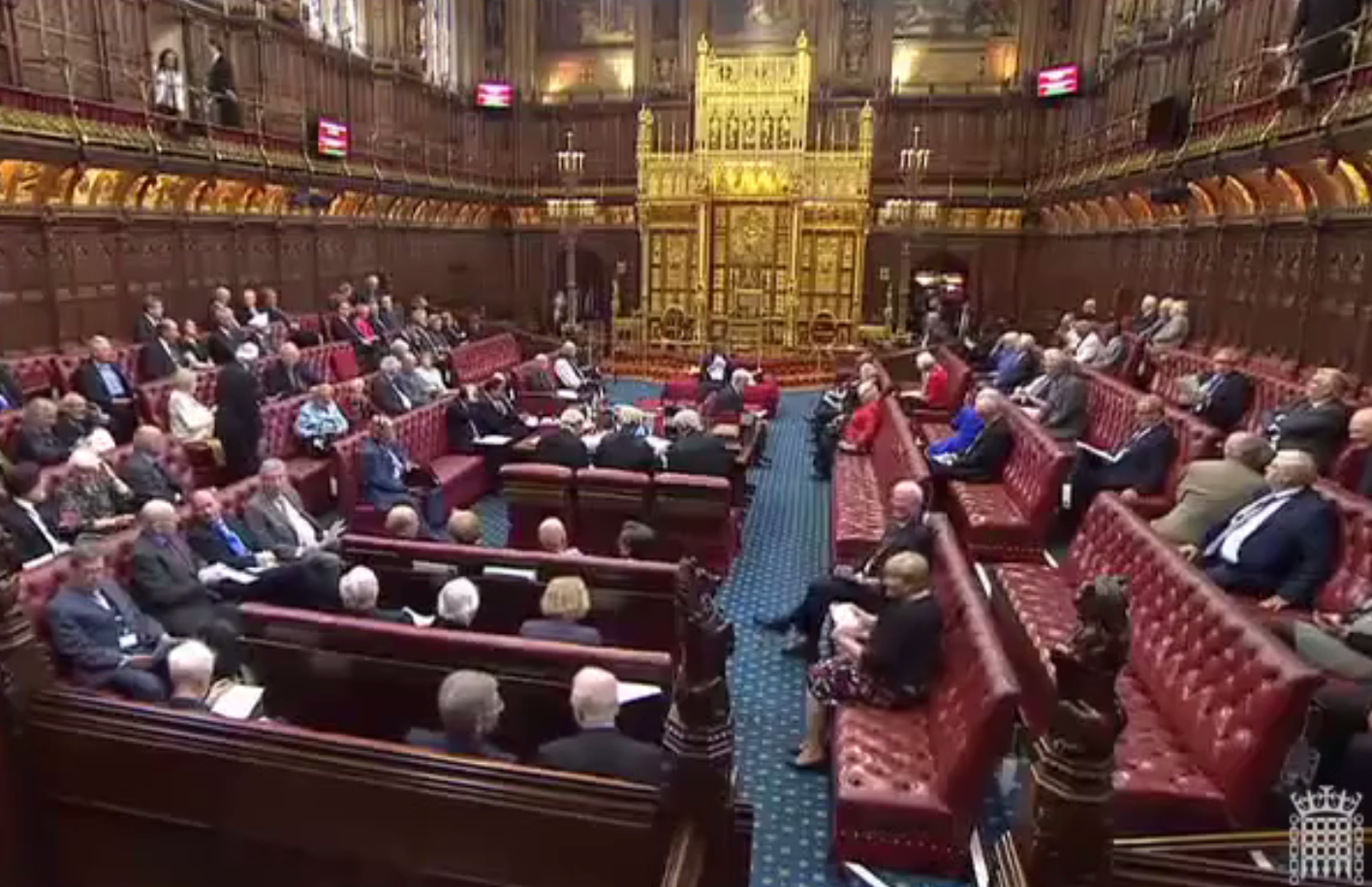
The Lords last night voted through a change in the law which would force most news publishers to pay both sides’ costs in phone-hacking claims- even if they win them.
The amendment was added to the Investigatory Powers Bill (which has already been passed by the Commons) and was passed by 282 votes to 180, defeating the Government.
The measure would impact News UK (which is believed to have around 50 outstanding phone-hacking cases) and Trinity Mirror (which is facing more than 100 claims).
The amendment states that publishers would be subject to the extra legal costs unless they are part of a press regulator which is approved by the Royal Charter-backed Press Recognition Panel.
Rival press regulator Impress is set to find out this month if it will receive official recognition. Most news publishers (including Trinity Mirror and News UK) are members of non Royal Charter-compliant regulator, IPSO.
The amendment is a more limited version of Section 40 of the Crime and Courts Act 2013, which hits non Royal Charter-regulated publishers with extra costs in all privacy and libel cases.
The Government has yet to announce a decision on whether it will commence Section 40. UK freedom of expression groups have warned that Section 40 would risk putting smaller publishers out of business.
Baroness Hollins, who moved the amendment, said its main purpose was to provide “costs protection in court cases” for complainants as well as for Leveson-regulated news publishers.
She complained there had been no explanation why ministers had announced last year that they were not minded to implement Section 40 – a change of policy which broke the cross-party agreement and “betrays promises made to both Houses and to press abuse victims”.
Liberal Democrat Lord Wallace of Tankerness, backing the amendment, said the undertakings given by ministers after the Leveson inquiry should be honoured.
Labour former deputy prime minister Lord Prescott said that, as a victim of phone-hacking, he too supported the change, insisting backers wanted not to change government policy but implement legislation already agreed.
He said it would ensure justice for “people who cannot afford to get justice in a case in which they have been offended against by phone-hacking”.
Despite Liberal Democrat and Labour backing for the change, Government minister Lord Howe said appropriate civil routes of redress already existed for misuse of private communications.
He understood the frustration felt by peers, particularly those who had been victims of press abuse, over what they regarded as lack of progress in implementing the Leveson recommendations.
But the Government had implemented the vast majority of them for reforming press regulation and no specific date was set for commencement of the section 40 costs provision.
He said the Government continued to look at the issue closely and was “actively considering” it. It wasn’t “unreasonable for new ministers to take time to understand the issues at play”.
Lord Howe said the “press landscape has undergone a huge amount of change” over the past four years and ministers needed to be sensitive to that.
It was not right to deal with such a “serious but largely unrelated matter” in a Bill of vital national importance, he added.
But Lady Hollins said she was unconvinced. Agreement had been reached three years ago to avoid the Government being defeated in Parliament and yet peers were being asked to consider “a further delay”.
She added: “All the Government needs to do is to honour its commitment and commence section 40. It would be an injustice to victims if I passed up this chance to progress the intentions previously enshrined in the Crime and Courts Bill.”
Press Gazette understands that Lords are considering adding a further change to the bill to force the Government to commence the amendment (rather than keeping it indefinitely on ice, as has been the case with section 40).
Email pged@pressgazette.co.uk to point out mistakes, provide story tips or send in a letter for publication on our "Letters Page" blog

